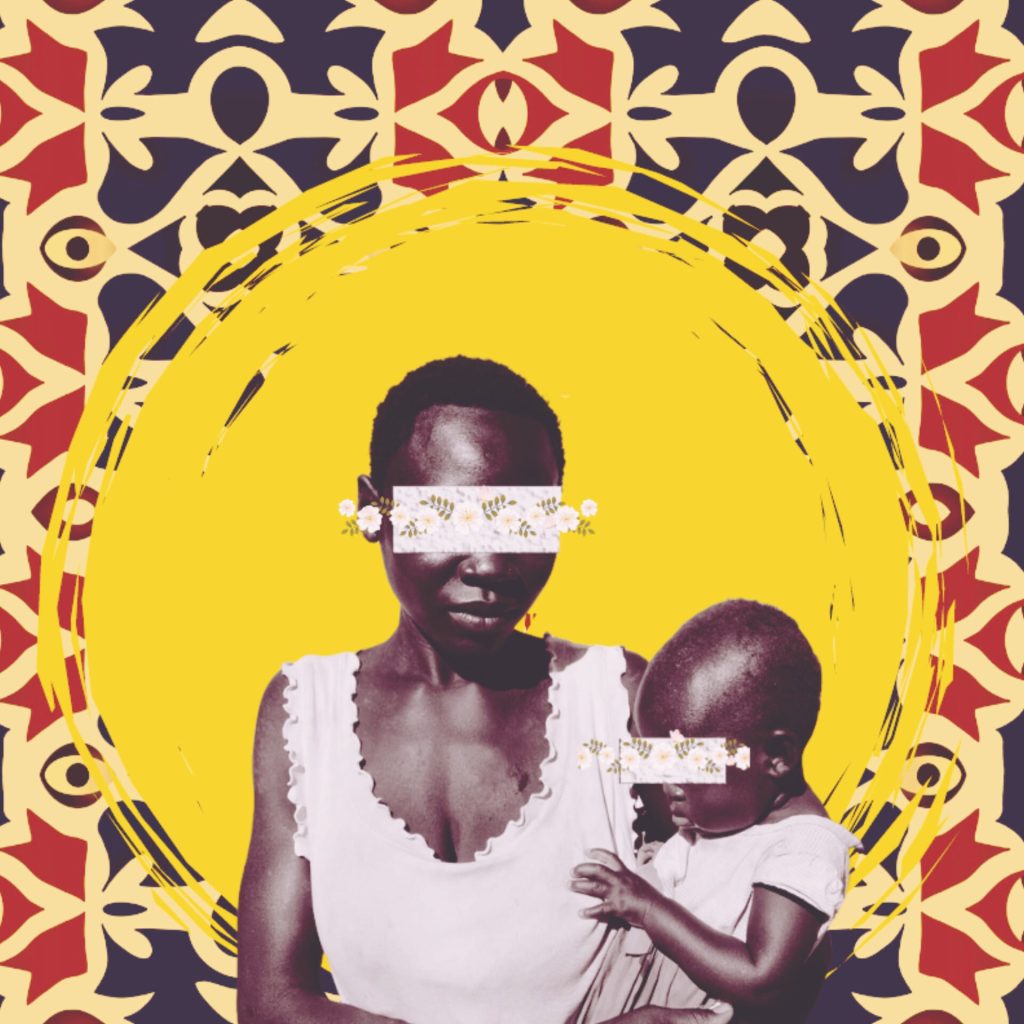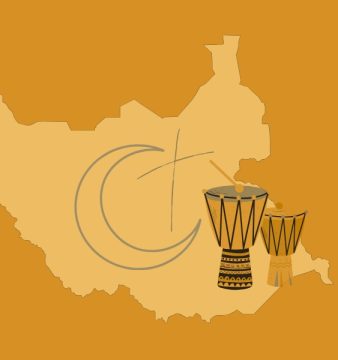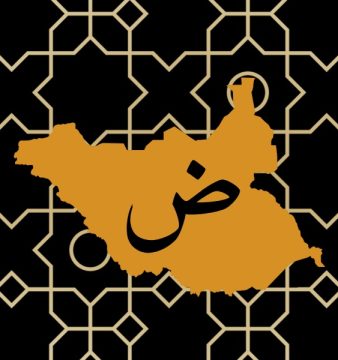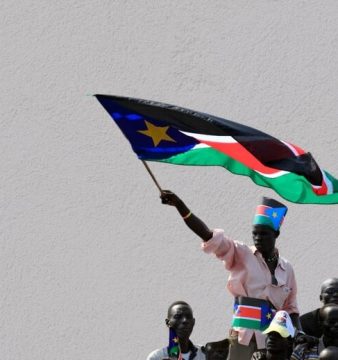From Classroom to Cradle: Navigating Teenage Pregnancy in South Sudan
Normal places and activity threats for young girls should be at school and associated with education, development and growth. In South Sudan, the median age at sexual orientation is 14, and 300 out of every 1,000 teenage girls are pregnant, according to the latest statistics from the Demographic and Health Surveys (DHS) from October 2023. However, this issue is considered to be one of the highest rates of adolescent pregnancy in Sub-Saharan Africa, and presents a complex and interconnected challenge with far-reaching consequences.
The dilemma of teenage pregnancy in South Sudan has multi-layered roots that transcend reproductive health awareness. Teenage or adolescent pregnancy usually refers to teens between the ages of 15-19, but can include girls as young as 10. However, poverty plays a significant role in aggravating this problem. For many tribes, girls are used as a source of wealth and a back-up plan through marriage. With dowries, which is money, goods or estate that a woman brings to her husband in marriage, families gain with wealth.
Additionally, many adolescents lack knowledge about sexual health and the changes their bodies undergo during puberty. This lack of awareness can lead to early parenthood, as they may not fully understand the physical and emotional transformations they experience. However, this type of case sometimes leads to early parenthood.
In addition, past conflicts and civil wars such as those that took place in 2013 and 2016 have severely impacted young girls’ lives. Conflict disrupts social structures, education, and health services. Furthermore, conflict increases the risk of child or early marriage as conflicts expose girls to violence, contribute to them leaving school, and leave them exposed and vulnerable to hazardous situations.
Early marriage is often used interchangeably with child marriage, but it can also refer to marriages involving individuals below age of 18. In some contexts, early marriage might specifically denote marriage involving individuals under 15. However, in South Sudan, the legal age for marriage is 18 for both males and females. Consequently, with early or child marriage, the impact goes further. When a girl becomes pregnant, her life changes dramatically. She will likely drop out of school, which means her future employment prospects will also diminish, making her more vulnerable. This is known as teenage or adolescent pregnancy, which is pregnancy in a female adolescent or young adult under the age of 20, commonly between the age of 10 to 19.
In Yirol, a small town in Yirol County, Eastern Lakes State, central South Sudan, there is a population of 11,650, most of which are from the Dinka ethnic group, who rely on pastoralism, which refers to a traditional way of life centred around the rearing and herding of livestock, such as cattle, goats, and sheep. This practice is crucial for the livelihoods of many communities, contributing significantly to food security and economy. As it is the main economic activity, young girls are involved in it as a source of wealth. As known about the Nilotic tribes, which include the Dinka, cattle are paid as dowries for marriage. This makes Yirol among the areas in which there is a high number of teenage pregnancy and teenage mothers.
The Yirol Hospital, the only facility in the Greater Yirol area equipped to handle obstetric and surgical emergencies, plays a crucial role in the community’s health. Doctors with Africa CUAMM, a health organisation working at the hospital, recognises its social responsibility to the citizens and is committed to improving healthcare access. Through well-designed research and strategic approaches, CUAMM aims to tackle the complex issue of teenage pregnancy in the region. CUAMM considered the role of the school system, as well as community and adolescent peer group dynamics while designing and implementing community and family-based approaches to address adolescent Sexual and Reproductive Health and Research (SRH) needs and issues. In addition, they identify and train adolescent peer educators and counselors for adolescent counseling on sexual and reproductive health issues at health facilities and in communities.
From a different perspective, other entities are working to solve and cope with the consequences of this issue while developing techniques and methods to raise awareness. However, Strategic Initiative for the Women in the Horn of Africa (SIHA) Network, an organisation that is committed to promoting gender equality and women’s rights in the Horn of Africa, played a crucial role in addressing teenage pregnancy in South Sudan by supporting adolescent mothers and pregnant girls by meeting their basic needs while creating pathways for their return to education and financial independence.In addition, SIHA advocates for policies and programmes that address the root causes of teenage pregnancy. In addition, they raise awareness of the consequences of early pregnancy and work to dismantle harmful gender norms that are interrelated to cultural tapestry and social structure.
Teenage pregnancy requires a multifaceted approach involving collaboration between government agencies, NGOs, health care providers, educators, and communities to design and develop programmes that reduce adolescent pregnancies and promote the well-being of the young population in South Sudan.
As we commemorated World Population Day on 11 July 2024 with the theme ‘To Leave No One Behind, Count Everyone’, it is imperative that we ensure all groups are accurately represented and acknowledged, particularly South Sudanese adolescent mothers. Their voices must be heard to advocate for healthcare and rights.
500WM columnist: Butros Nicola Bazia, a 22-year-old South Sudanese medical student and writer based in Juba, South Sudan, possesses a profound passion for arts, culture, and society. As a podcaster, blogger, and visual storyteller, he runs his personal blog, Audite Me. Butros is also the co-founder of Wamphi, a digital platform specialising in project management and programme evaluation. Previously, he served as a radio producer at the University of Khartoum Radio.






